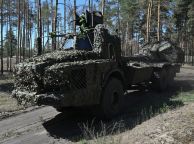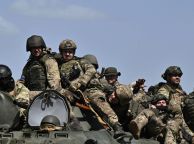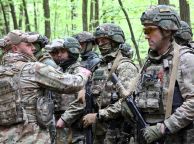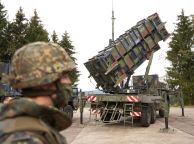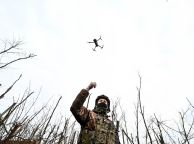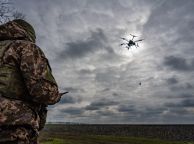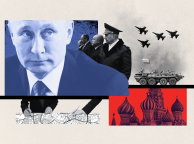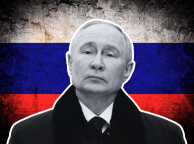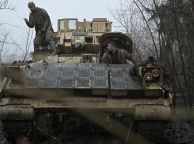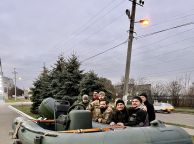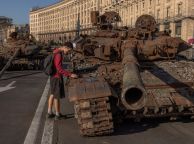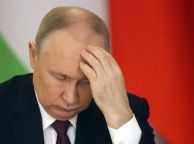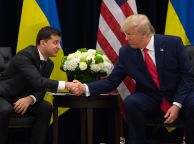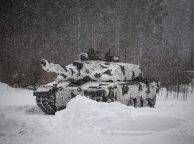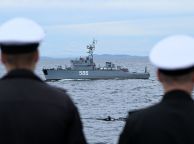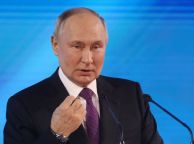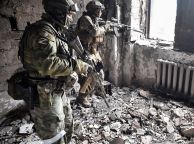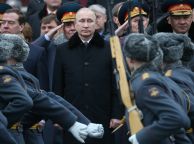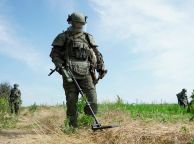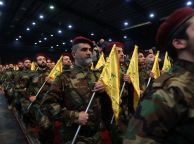By Brendan Cole
Ukraine's commander-in-chief, General Valerii Zaluzhnyi, has said the war against Russia has reached deadlock and a technological breakthrough would be needed for his troops to wrest back the initiative.
Five months into Kyiv's counteroffensive, Zaluzhnyi told The Economist there was parity between the two sides, adding: "We have reached the level of technology that puts us into a stalemate."
A year ago, Ukrainian forces dealt Moscow blows, with breakthroughs in the Kharkiv and Kherson oblasts. However, these were followed by delays from the West in supplying long-range missile systems and tanks to capitalize on Kyiv's gains.
This week, President Volodymr Zelensky described an uphill battle in trying to secure weapons from the West, amid global war fatigue and as attention is focused on the conflict in the Middle East.
Zaluzhnyi told the current affairs magazine the West was "not obliged to give us anything and we are grateful for what we have got" but that in planning the counteroffensive, Ukraine had calculated an army of its size could move at around 18 miles a day.
Four months "should have been enough time for us to have reached Crimea, to have fought in Crimea," returned and "gone back in and out again," he said.
Progress has been slow, however. Ukrainian troops and equipment have been stuck in minefields on the approach to Bakhmut in the Donetsk oblast. In the south, the push faltered despite western equipment. Zaluzhnyi said he had changed commanders and moved soldiers in some brigades.
High Russian losses in the Donetsk town of Avdiivka, where Moscow launched an offensive in October, reinforced for the general how the two sides have equal capabilities to detect and destroy any concentration of forces.
"The simple fact is that we see everything the enemy is doing and they see everything we are doing," he said. "For us to break this deadlock we need something new, like the gunpowder which the Chinese invented and which we are still using to kill each other."
Without such a technological leap forward, "there will most likely be no deep and beautiful breakthrough."
In an essay for The Economist, Zaluzhnyi goes into more detail on this topic, but avoids the word "stalemate." Instead, he describes the situation as a "positional" war that can only change if Ukraine secures five main operational components. These are:
- Gaining the air superiority Kyiv lacked in the counteroffensive
- Gaining the ability to breach Russian mine barriers
- Increasing counterbattery effectiveness
- Creating and training the troops required with a unified state register
- Building up electronic warfare capabilities.
The general outlined how improved drone capabilities could help with the push to gain air superiority, improve counterbattery operations and degrade Russian visibility over the front. Kyiv also needs the unmanned aerial vehicles to overload Moscow's air defenses and neutralize its strike drones, he said.
Zaluzhnyi also warned of the dangers of an attritional trench war that could "drag on for years and wear down the Ukrainian state," which would benefit President Vladimir Putin.
"We need to look for this solution," he told The Economist, "quickly master it and use it for a speedy victory. Because sooner or later, we are going to find that we simply don't have enough people to fight."
Newsweek has contacted Russia's defense ministry for comment.

